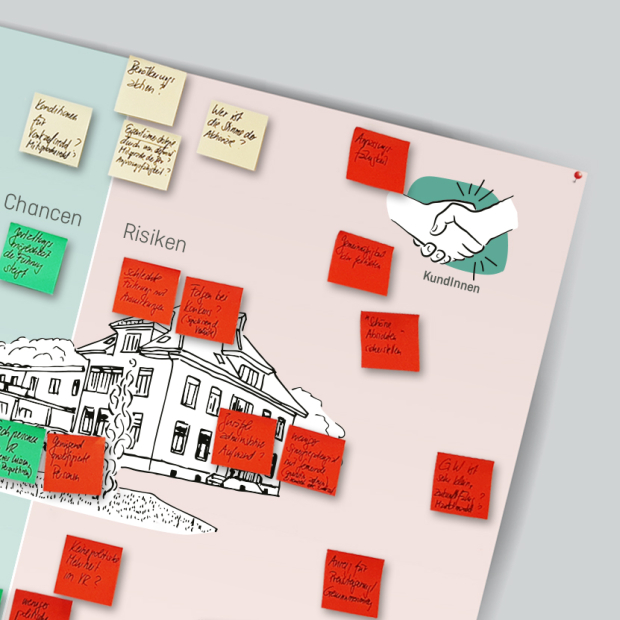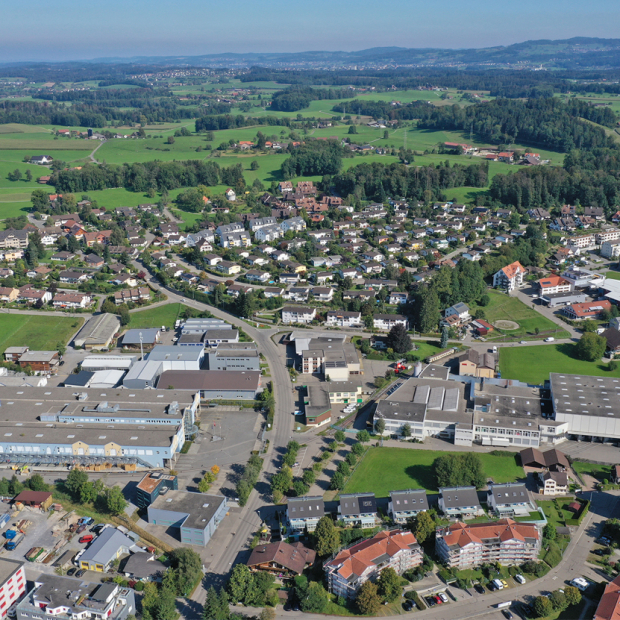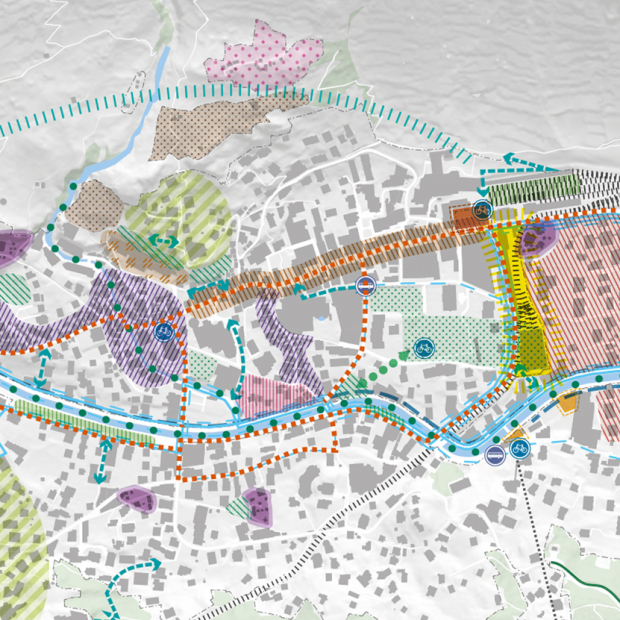
The Use of City Rankings for Urban Development Planning in Winterthur
Cities and municipalities are ranked against one another in terms of their attractiveness to residents and businesses. Working on behalf of Winterthur Urban Development Office, EBP has conducted an examination of the value of such city rankings as a tool in the urban planning process.
Cities and other municipalities face the challenge of remaining attractive to private enterprises that are interested in favourable business environments and private individuals who are interested in ideal living environments. As is reflected in the growing number of surveys carried out by media organisations, banks and consulting firms with the aim of comparing and ranking cities, on both a national as well as an international scale, the competition among cities has intensified.
The Winterthur Urban Development Office commissioned EBP to determine whether such rankings can be used to establish sound benchmarks for urban development and, if so, which rankings and databases in particular would be most suitable for this purpose. The focus of the assignment was to determine whether existing rankings and databases could be used to effectively measure the degree to which the city legislature’s development goals are met, and whether the data can provide more information that could be used to bring about further improvements.
EBP examined various ranking and indicator systems (including Cercle Indicateur and Urban Audit) in terms of their objectives, content, and publication intervals. The results were then used to evaluate the suitability of the individual rankings and databases as a tool in the context of urban development planning in the City of Winterthur, for which a proposed action plan was devised.









